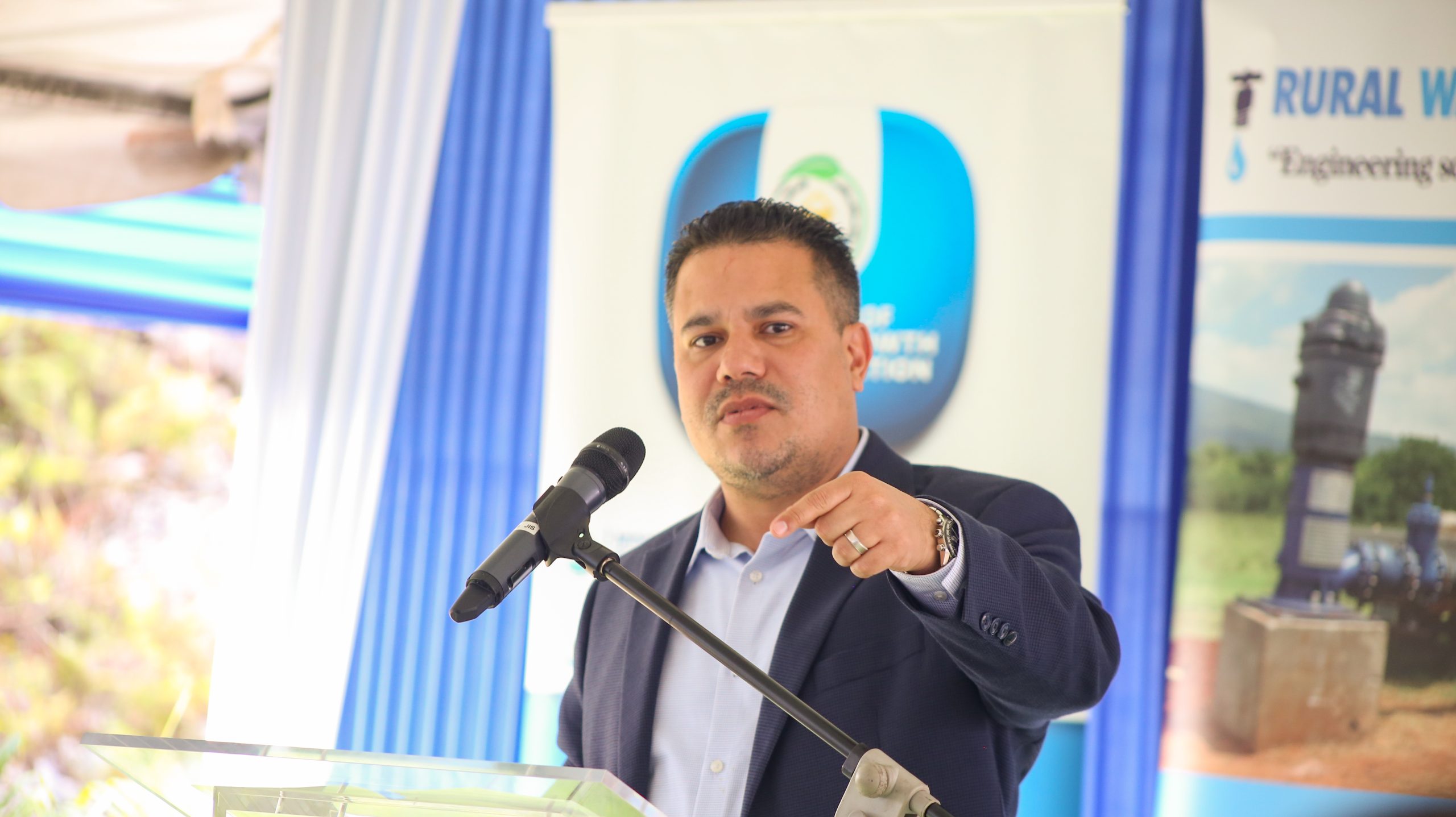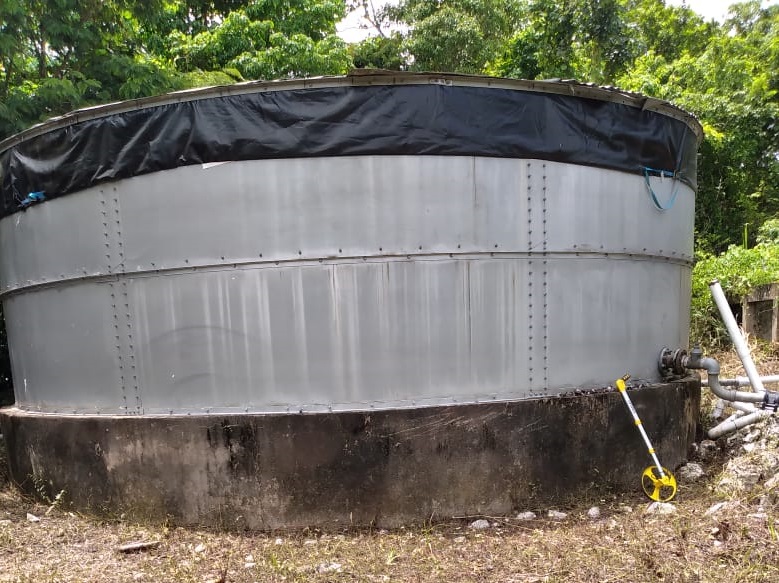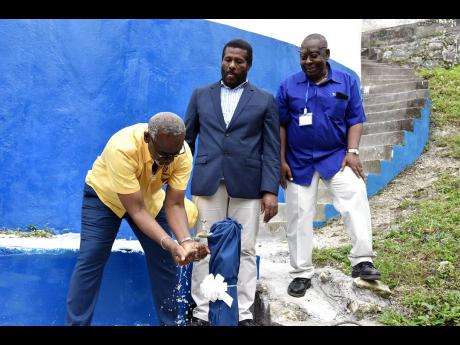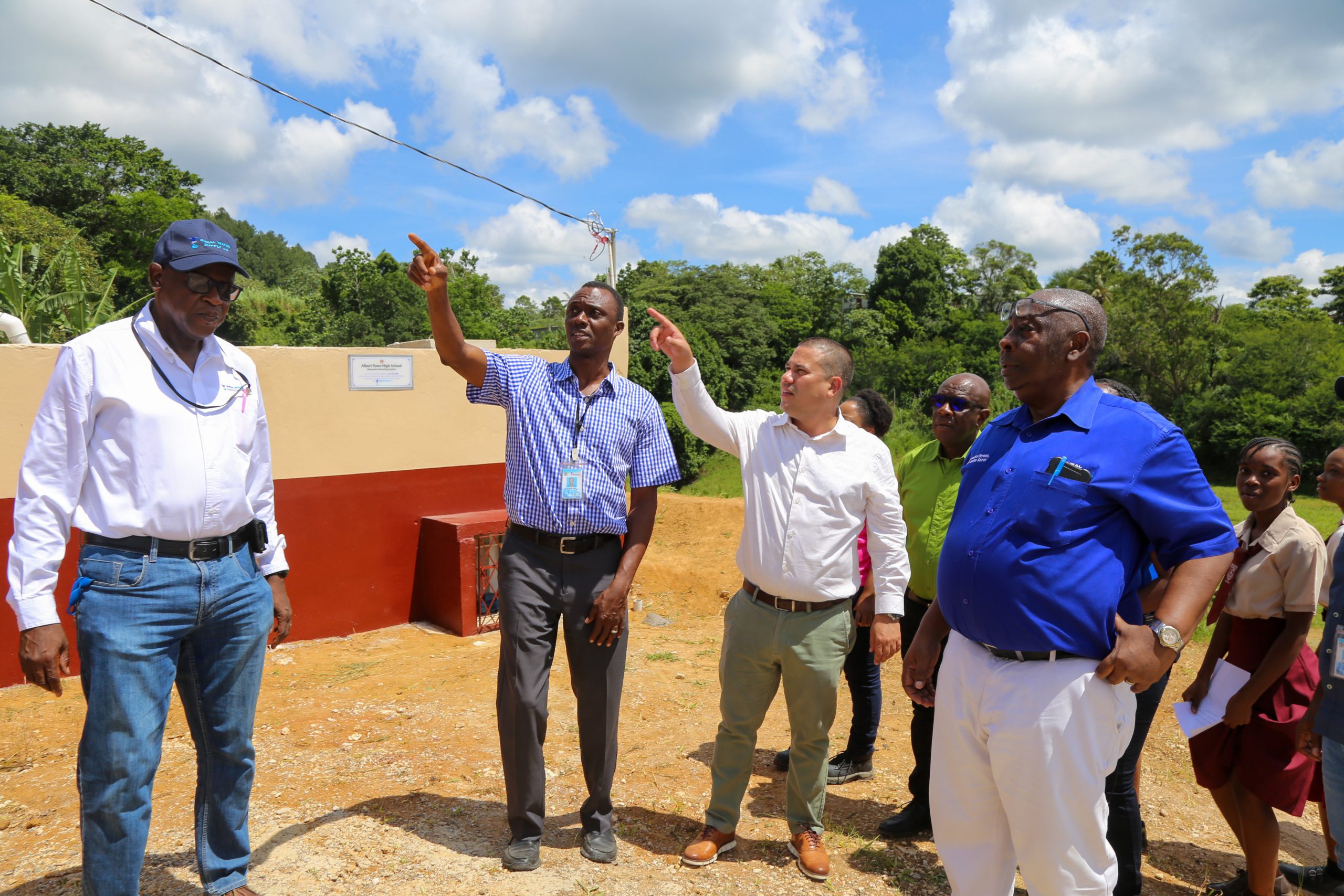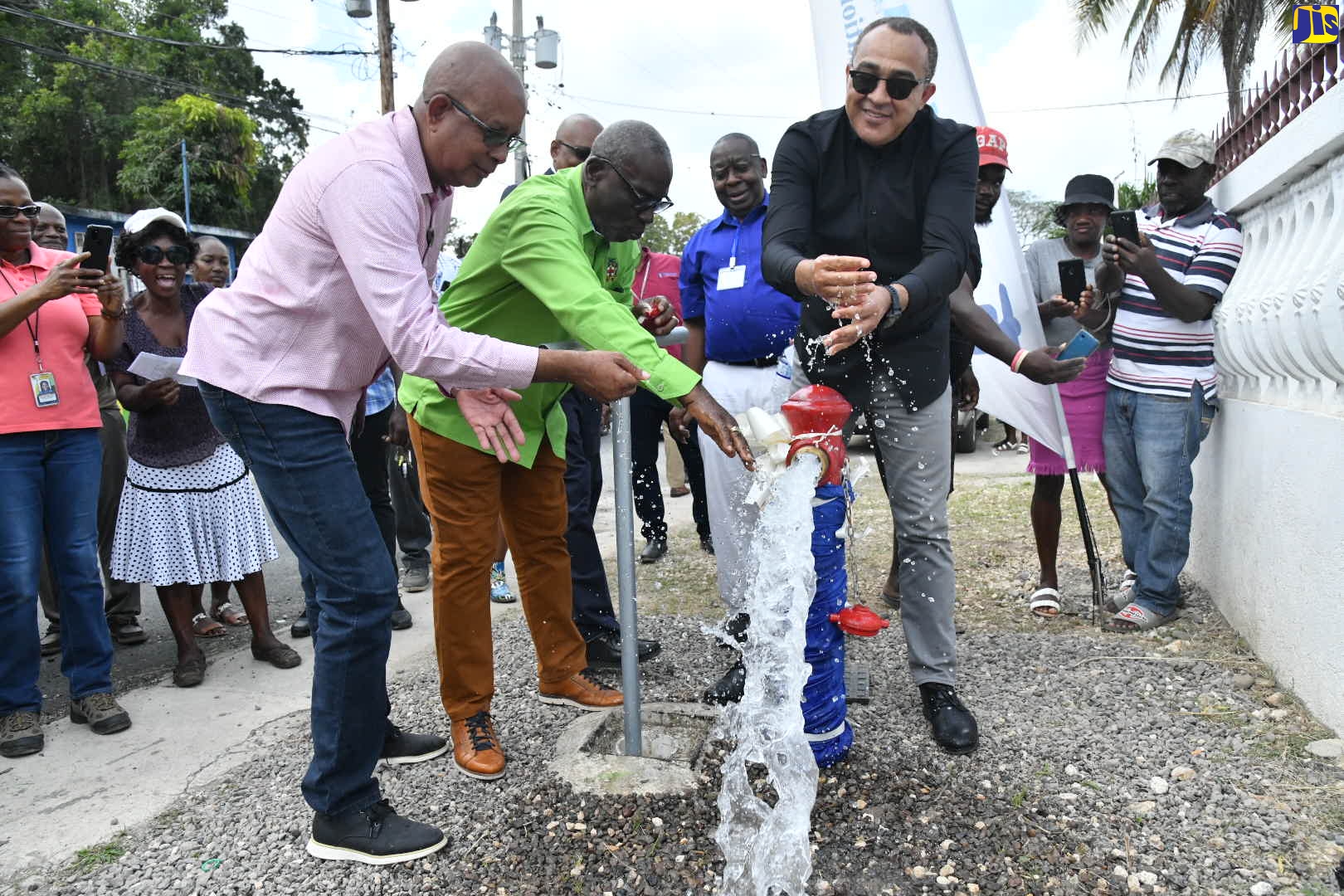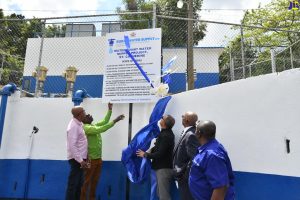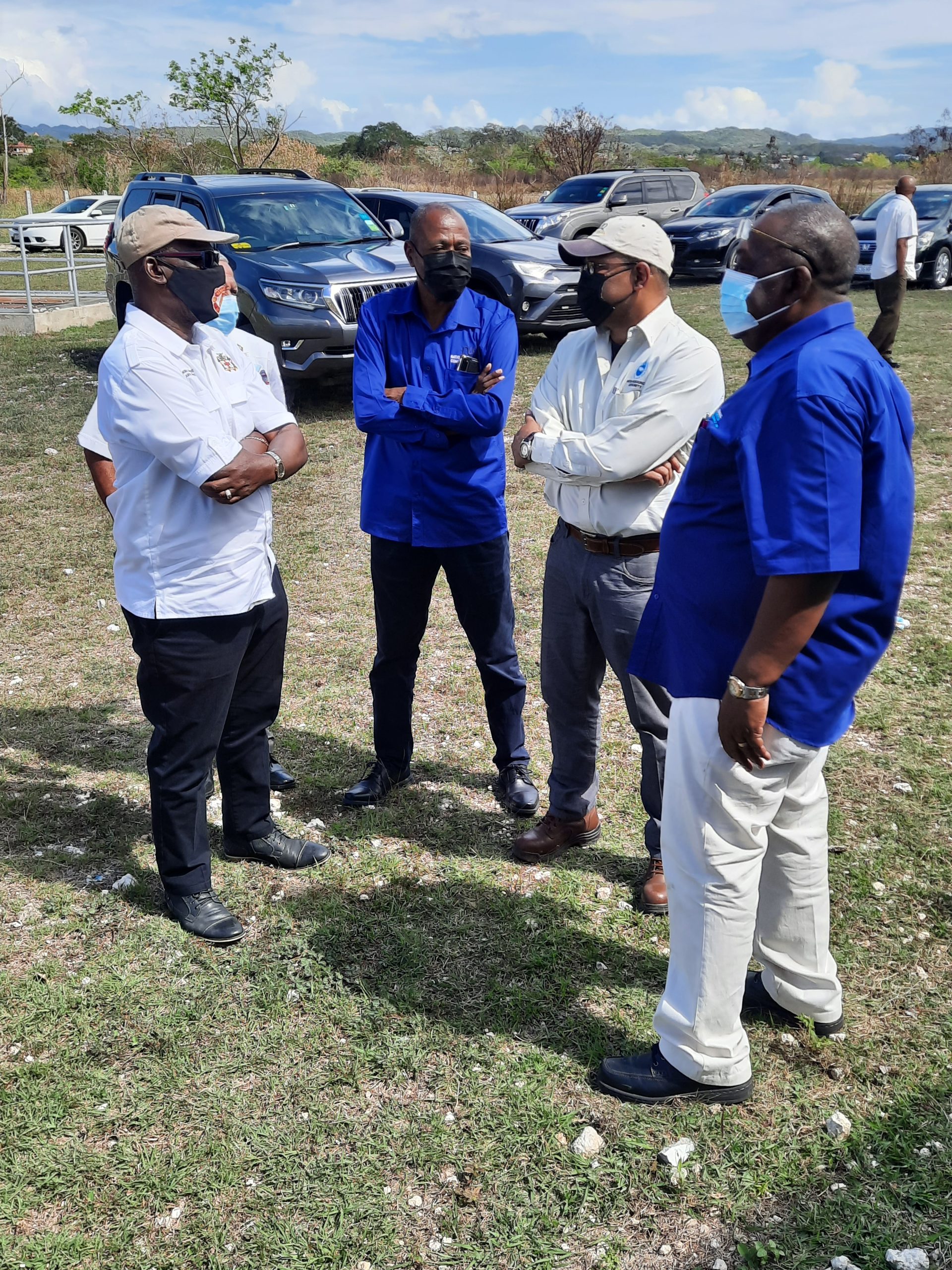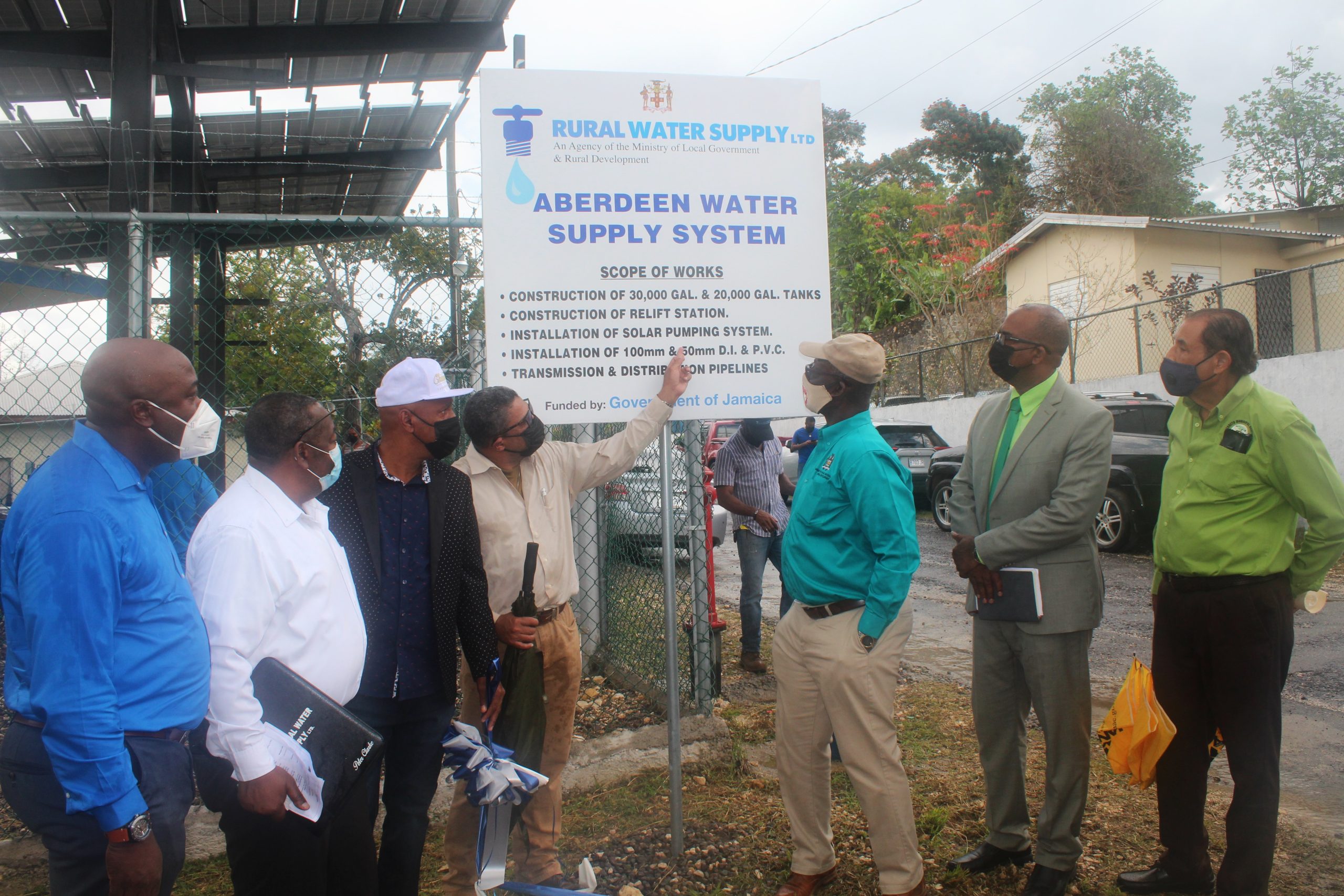Jamaica Gleaner Article
WESTERN BUREAU:
Approximately 15,000 residents are to benefit from an investment of $800 million to upgrade the water supply systems in St James Southern, which will be carried out over the next three years, starting on April 1, 2024.
Senator Matthew Samuda, the minister without portfolio in the Ministry of Economic Growth and Job Creation, announced the project last week while on a tour to evaluate the capabilities of the water supply systems in that rural constituency.
Homer Davis, state minister in the Office of Prime Minister, who is also the member of parliament (MP) for the area, as well as senior representatives of the National Water Commission (NWC) and the Rural Water Supply Limited (RWSL), were present with him.
“Over the next three calendar years, we should be able to make the J$800-million investment that would significantly change lives for about 15,000 people in this space,” Samuda said at the end of the tour.
“We expect to work very closely with the member of parliament and the councillors to ensure that, on a phased basis, every quarter, we are able to report improvement for two to three thousand families,” the portfolio minister for water stated.
He noted that, over time, the necessary investment programmes will be put in place to address the needs of the people in these communities, many of whom have experienced water challenges for more than 30 years.
One of the projects that the NWC and RWSL will work on together is the Cambridge Treatment Facility, which will cost J$240 million to upgrade. Another project is the Endeavour Water Supply Facility, which will cost J$550 million to upgrade.
Significant Investment
Davis, the MP for the constituency, welcomed the projected upgrades, reporting that they are part of what he called consistent representation at work on behalf of the people. The upgrades, he argued, represent a significant investment in the people of Southern St James.
“In three years’ time, most of these communities that have never enjoyed potable water on a consistent basis will see a vast improvement in their water supplies,” Davis told The Gleaner.
“I must say to the people of South St James, it has been long in coming,” he added.
Audley Thompson, managing director of RWSL, said the agency has already completed designs on several of the projects, paving the way for the rollout of the rehabilitation works.
“For the Maroon Town/Tangle River System, the designs have been completed. The system has basically started already because we have procured pipes and a filter. We have done several small systems, including the Spring Gardens System, and we’re looking at the Lapland System and Catadupa systems,” Thompson informed.
Meanwhile, Delano Williams, the acting communications manager at the NWC, noted that the Tangle River community is already benefiting from the installation of a new 100,000-gallon tank. This, he said, has increased the distribution capacity of the community.
“If there is a little bit of a lull in inflows or if there are any turbidity issues, we are still able to serve a section of the community. This would be a more immediate remedial action activity, while the NWC and Rural Water Supply are undertaking a larger plan to overhaul the systems between Top and Bottom Roper and expand the infrastructure there,” Williams explained.
He added that areas such as Maroon Town are also expected to benefit from another 50,000-gallon tank, from which water will be pumped to an elevated area and then gravity-fed to the communities.
https://jamaica-gleaner.com/article/news/20231114/15000-southern-st-james-residents-benefit-j800m-water-supply-upgrade



